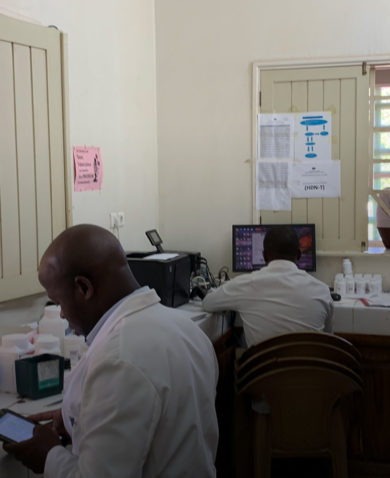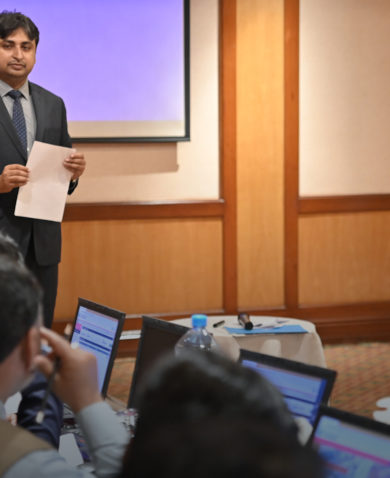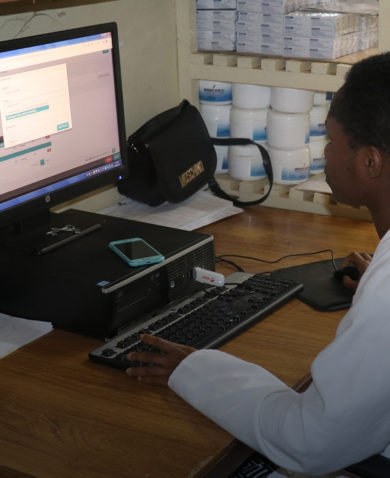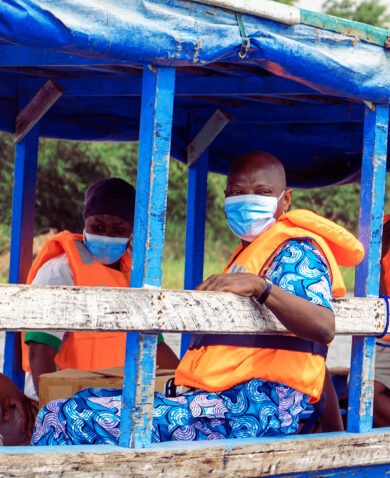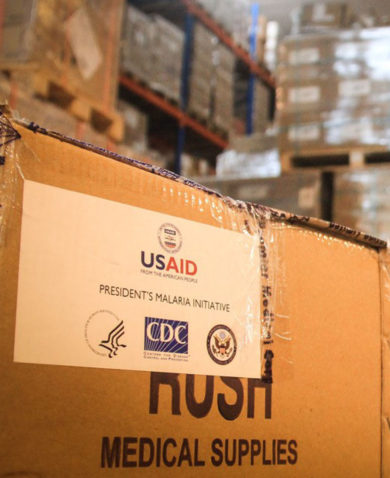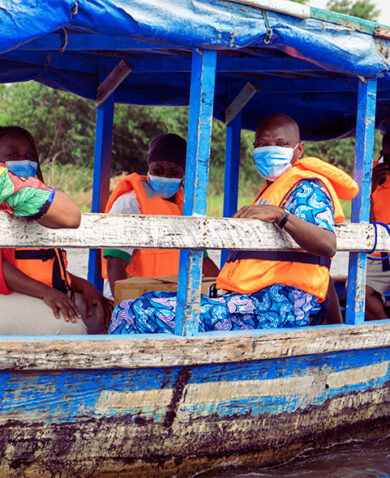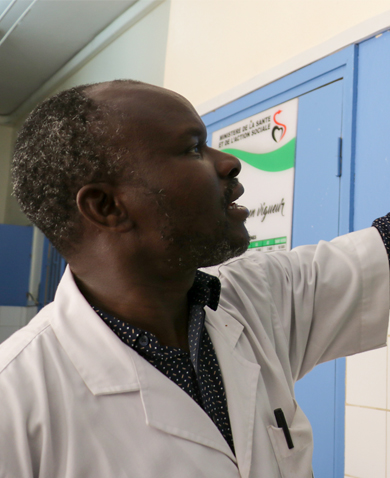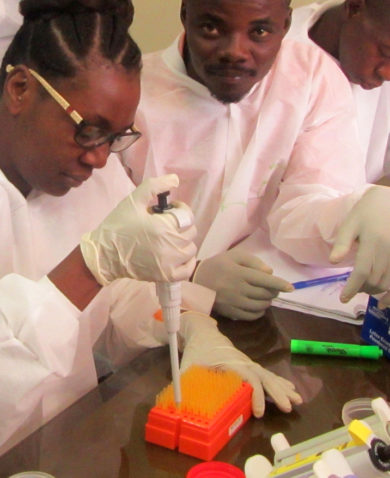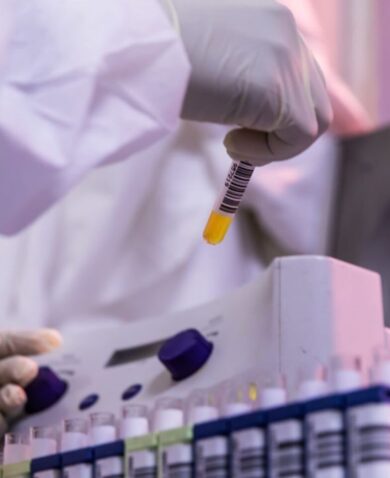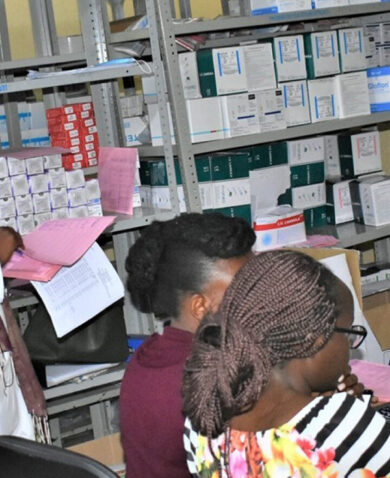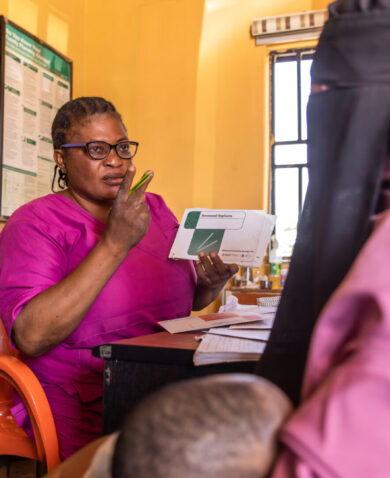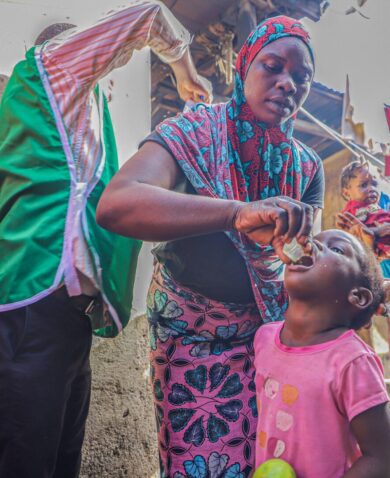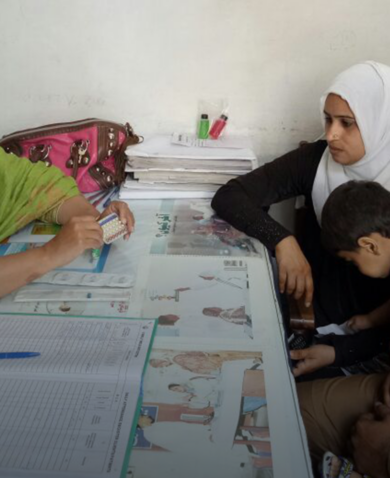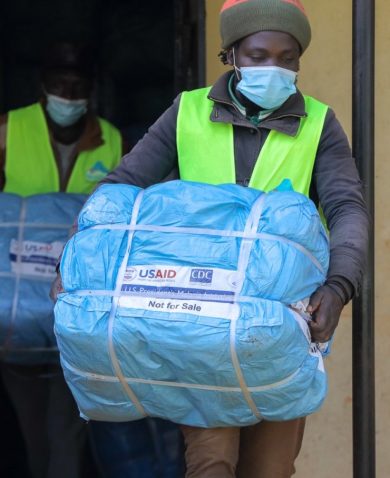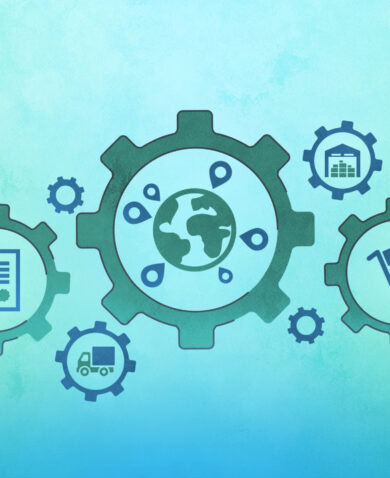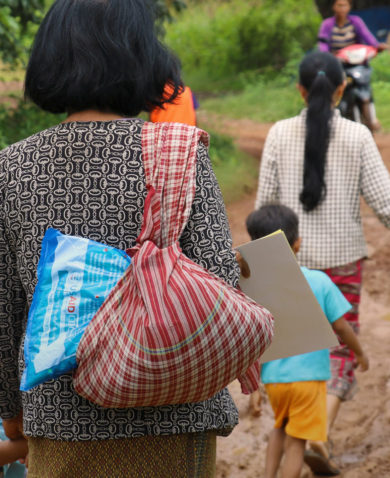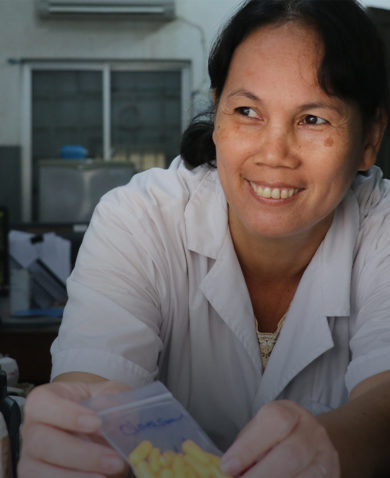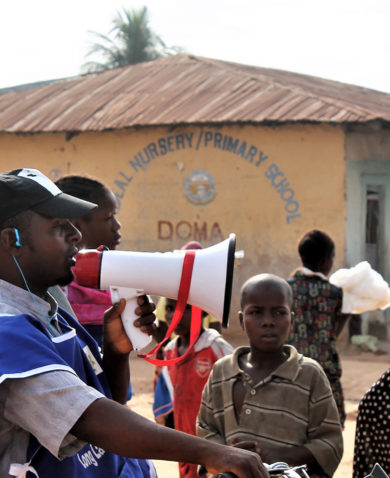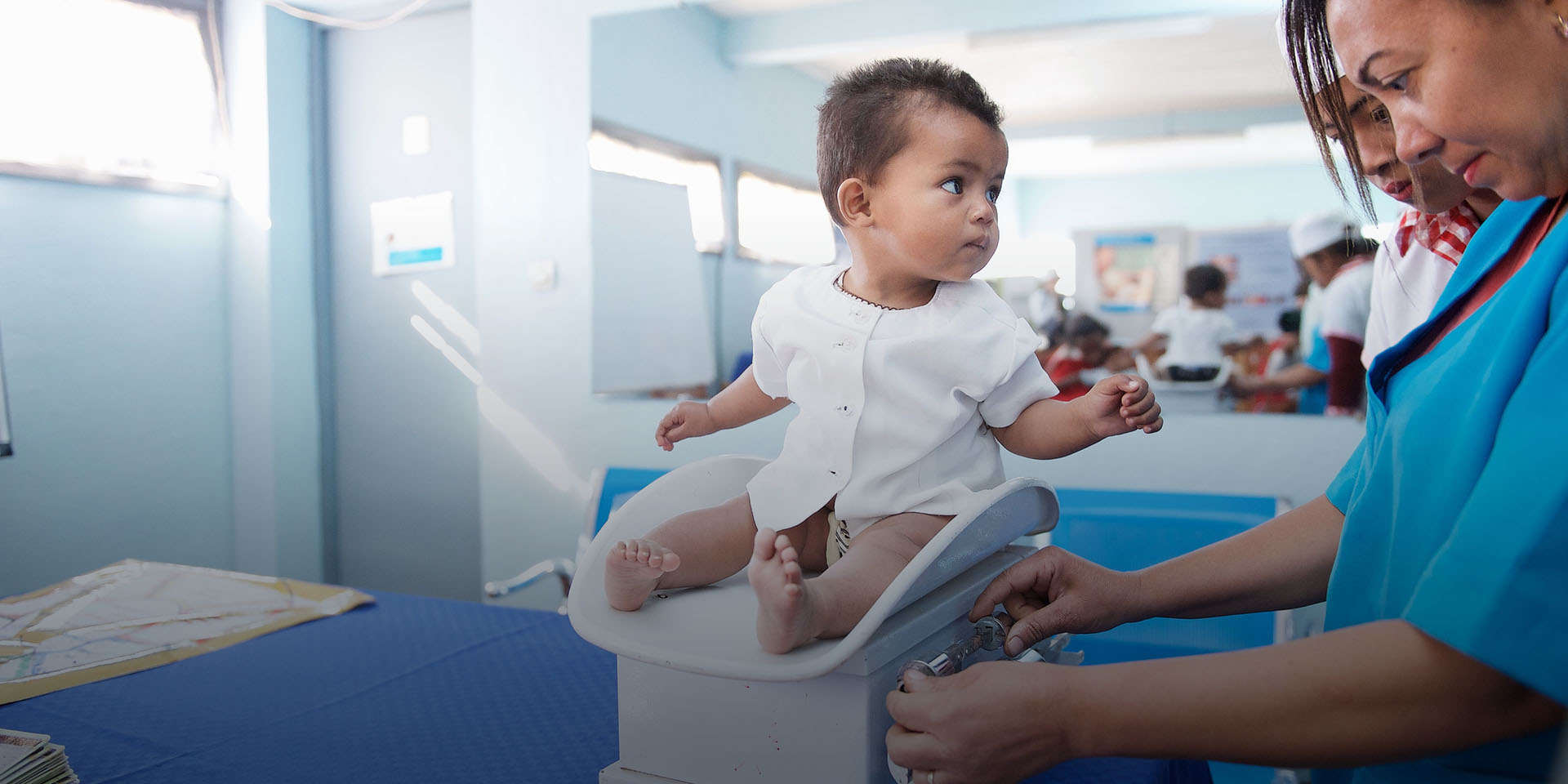
Chemonics News
News: Global Health Supply Chain Program Tops 80% On-Time Delivery
March 13, 2018 | 3 Minute ReadThe most recent report on the USAID Global Health Supply Chain Program – Procurement and Supply Management (GHSC-PSM) project, covering the first quarter of FY18, shows the project continues to see positive results in its ability to provide life-saving commodities and to promote efficient and cost-effective health supply chains worldwide.
The GHSC-PSM project recently shared a report that covers the first quarter of FY2018 (October 1-December 31, 2017).
On the crucial metric of on-time delivery (OTD), GHSC-PSM achieved 82 percent for the month of December, exceeding its target of 60 percent. Overall, the quarter’s OTD was 72 percent, more than double that of the previous quarter, part of a steady month-by-month increase. It is also noteworthy that these significant improvements in timeliness were achieved in a quarter with a 37 percent increase in the volume of commodities delivered over the previous quarter.
Including the most recent quarter, GHSC-PSM has procured more than $867 million in health commodities, and has delivered commodities and health systems strengthening technical assistance to approximately 60 countries worldwide.

In addition to improving GHSC-PSM’s on-time delivery rates, the project made strides in scaling up new drugs, supply planning, and sharing best practices in supply chain management. Below are just a selection of the project’s achievements:
- Delivered enough antiretroviral therapy (ART) to provide more than 2.2 million person-years of HIV treatment; antimalarials to treat more than 49.6 million infections; and contraceptives to provide 18.5 million couple years of protection daily.
- Supported large-scale long-lasting insecticide-treated net (LLIN) – also known as “bed net” – campaigns in Ethiopia, Ghana, Mozambique, and Nigeria, providing protection from malaria for tens of millions of people. For example, GHSC-PSM’s expedited LLIN distribution campaign in Ghana resulted in 1.4 million children across nine regions in 23,000 schools are newly protected from malaria. GHSC-PSM was able to increase efficiency and accountability in the system by employing an innovative approach in using private-sector third-party logistics (3PL) providers to deliver the nets during the Ghana campaign.
- Enhanced supply chain components critical to the success of the UNAIDS 90-90-90 framework: improved availability of HIV rapid test kits, enhanced treatment by preparing for the transition to the new first-line antiretroviral treatment; and built out network approaches to viral load scale-up.
- Helped USAID introduce potential efficiencies in supply chains everywhere by unifying standards through support for global supply chain standards – namely GS1 – for product location, identification, and master data.
- Strengthened in-country supply chains through health systems strengthening technical assistance in 40 countries in up to 13 distinct areas, including warehousing and distribution, workforce development, and management information systems. For example, in Malawi, GHSC-PSM worked with partner VillageReach to implement a new open source, web-based Logistics Management Information System that is helping supply chain managers visualize stock levels and therefore send commodities to health facilities based on patient needs in 28 district hospitals.
- Leveraged the project’s management information system, ARTMIS, to improve and simplify user-friendly order entry, improve data visibility, and enable supply chain analytics to improve on time delivery and cycle time, an industry measure of how long it takes for a customer’s order to be delivered once the order has been received.
- GHSC-PSM has met its on-time delivery goals, and now all major elements of our state-of-the-art supply chain are in place to position the project to continue to deliver a safe, reliable, consistent supply of health commodities worldwide. GHSC-PSM is well-positioned to continue building resilient and sustainable in-country supply chains that harness practical, cutting-edge solutions to maximize countries’ ability to deliver health commodities to people who need them around the world.


